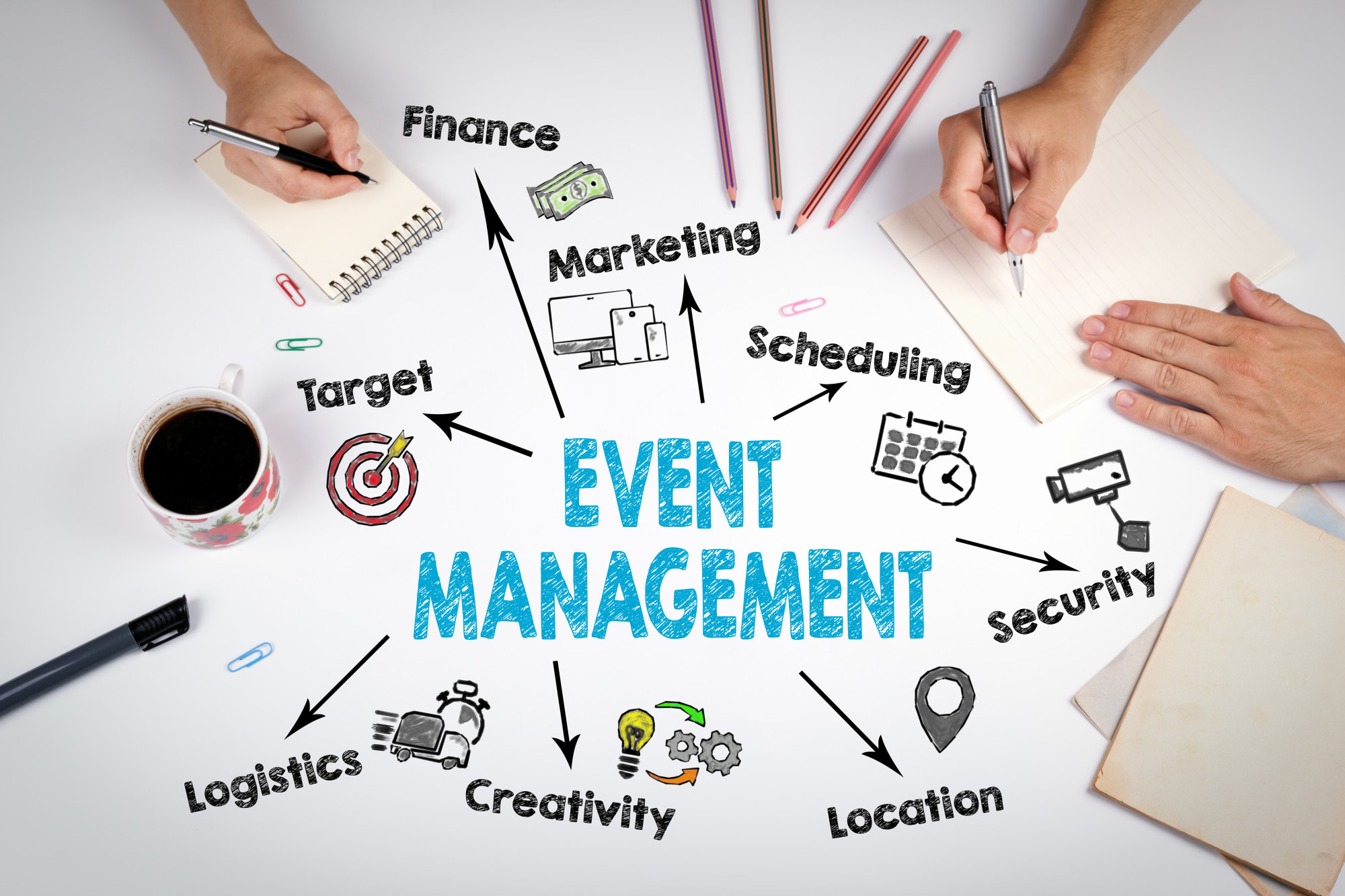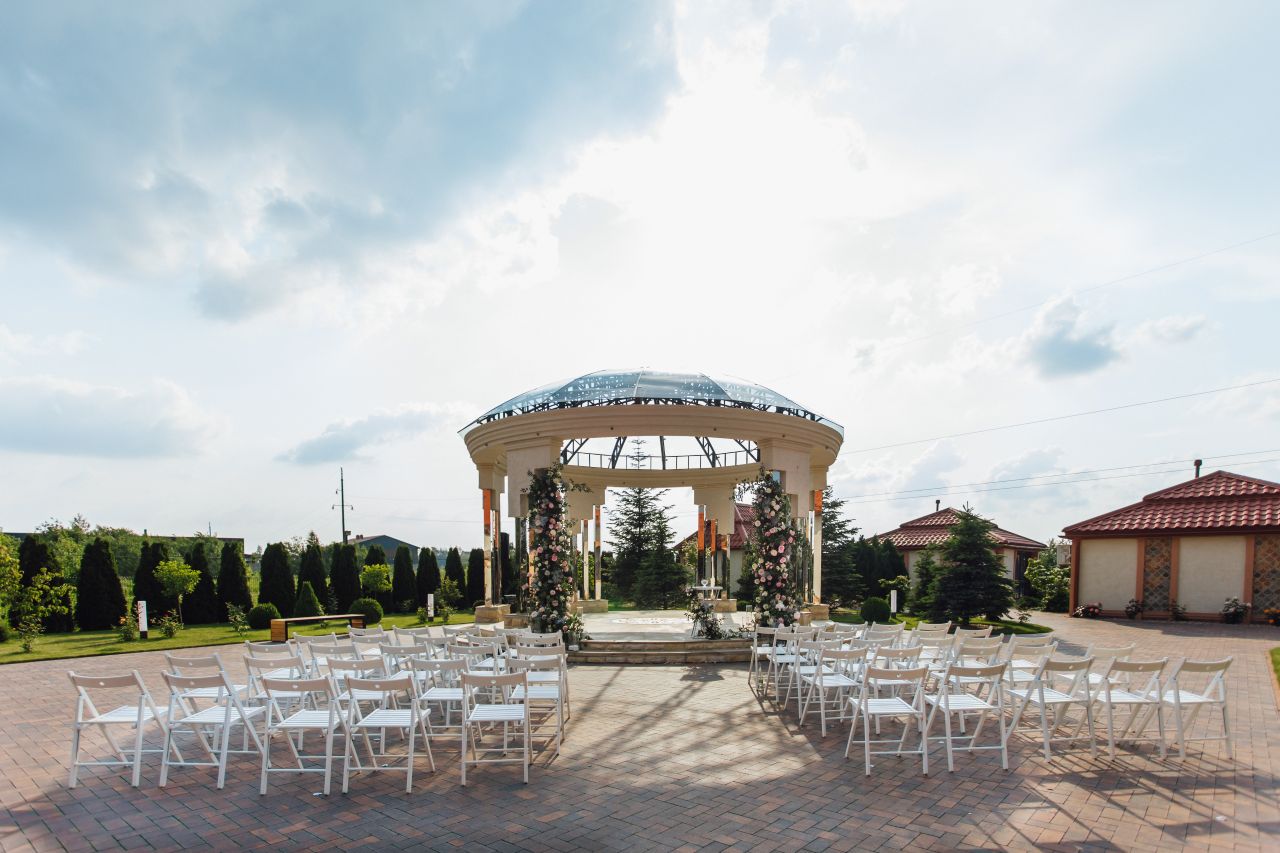Introduction
The event planning and wedding services industry has undergone a significant transformation with the integration of IT technology. The use of advanced digital tools, software, and automation has revolutionized the way events are planned, managed, and executed. From seamless communication between clients and vendors to innovative solutions like virtual reality (VR) venue tours, IT technology has played a crucial role in streamlining operations, improving customer experiences, and enhancing efficiency.
With digital invitations, AI-powered chatbots, and real-time collaboration tools, couples and event planners can now organize highly personalized and well-coordinated events. This digital evolution has not only reduced logistical challenges but has also opened new avenues for creativity and engagement, making events more interactive and memorable.
1. Online Planning and Coordination Tools
Technology has introduced a range of online planning tools that simplify the coordination of events. Event management platforms such as Trello, Asana, and specialized software like WeddingWire and The Knot allow planners and couples to create detailed timelines, track budgets, manage vendor contracts, and set automated reminders. These platforms enable seamless collaboration by providing a centralized location for all event-related information, reducing miscommunication and ensuring smooth execution. Cloud-based solutions also allow multiple stakeholders, including vendors and family members, to access and update event plans in real time, enhancing efficiency.

2. Virtual and Augmented Reality (VR & AR)
VR and AR have revolutionized the way clients visualize venues and event setups. Virtual venue tours provide an immersive experience that allows couples and event planners to explore potential venues from anywhere in the world. This technology is particularly beneficial for destination weddings, where visiting multiple locations in person may not be feasible. Additionally, AR applications enable users to superimpose digital elements onto real-world settings, allowing them to preview decorations, seating arrangements, and floral designs before making final decisions. This level of visualization ensures that clients have a clear understanding of how their event will look, reducing uncertainties and last-minute changes.
3. Artificial Intelligence and Chatbots
AI-driven chatbots and virtual assistants have transformed customer service in the event planning industry. These smart tools can handle inquiries, provide instant responses to customer questions, and even suggest event themes and vendors based on user preferences. AI analytics also play a vital role in understanding customer behaviour and trends, allowing event planners to offer personalized recommendations. Machine learning algorithms analyse past events, budget allocations, and guest preferences to optimize planning strategies and improve customer satisfaction. AI-powered tools also automate repetitive tasks such as sending reminders and managing RSVPs, freeing up time for planners to focus on creative aspects.

4. Live Streaming and Hybrid Events
With the rise of social media and video streaming platforms, weddings and events can now be shared in real-time with guests who cannot attend in person. Platforms such as Zoom, YouTube Live, and Facebook Live facilitate hybrid events, ensuring inclusivity and wider audience reach. This trend has gained popularity, particularly in the wake of global travel restrictions and social distancing measures. Professional live-streaming services offer multi-camera setups, high-quality audio, and real-time interactions, making virtual attendees feel engaged and connected. Hybrid events also open new revenue opportunities for event planners by offering virtual ticketing options for exclusive access to live-streamed content.
5. Online Invitations and RSVP Management
Traditional paper invitations have largely been replaced by digital invitations, which are both cost-effective and environmentally friendly. Websites like Evite, Paperless Post, and Greenvelope offer customizable e-invites with built-in RSVP tracking features, simplifying guest management. These platforms provide automation for sending reminders, collecting meal preferences, and even integrating with calendar apps to ensure guests don’t miss important dates. Digital invitations also allow for creative personalization with interactive elements such as video messages and GIF animations, adding a unique touch to event announcements.
6. Social Media Integration and Digital Marketing
Social media plays a pivotal role in event promotions and wedding planning. Platforms like Instagram, Pinterest, and TikTok serve as inspiration sources for couples looking for ideas on themes, decor, and attire. Event planners leverage targeted ads, influencer collaborations, and sponsored content to attract clients and showcase their services. Hashtag campaigns, behind-the-scenes event footage, and interactive polls help generate engagement and increase brand visibility. Additionally, social media listening tools allow businesses to track customer sentiment, monitor trends, and adjust their marketing strategies accordingly.

7. Smart Payment and Booking Systems
The integration of digital payment solutions has streamlined financial transactions in the event planning industry. Secure payment gateways such as PayPal, Stripe, and Square facilitate seamless transactions between clients and vendors. Many event management platforms now offer built-in payment processing, allowing customers to pay deposits, instalment payments, and final balances directly through a single interface. Additionally, the acceptance of cryptocurrency transactions in the event industry is growing, offering more flexibility for international clients. Smart contracts powered by blockchain technology further ensure transparent and tamper-proof agreements between vendors and clients.
8. Drones and Photography Technology
Drone technology has transformed event photography and videography, offering breathtaking aerial shots that were previously difficult to capture. High-resolution cameras, 360-degree photography, and automated editing software have enhanced the quality and creativity of event media. Advanced editing tools powered by AI can now generate highlight reels, apply cinematic effects, and enhance images automatically, reducing the need for extensive post-production work. The use of AI-driven facial recognition in photography software also allows event photographers to organize and categorize images efficiently, making it easier for clients to find specific moments from their events.

9. Cybersecurity and Data Protection
With the increased reliance on digital tools, cybersecurity has become a priority in event planning. Protecting client data, securing online transactions, and preventing unauthorized access to guest lists and event details are critical concerns. Encryption, multi-factor authentication, and GDPR compliance measures help ensure that personal information remains secure. Event planners must invest in secure cloud storage solutions and implement best practices for data protection to build trust with clients. Additionally, cybersecurity awareness training for staff can help prevent data breaches and mitigate potential risks associated with digital operations.
Conclusion
IT technology has revolutionized the event planning and wedding services industry, making it more efficient, cost-effective, and customer friendly. With innovations like automated booking systems, virtual collaboration tools, AI-driven personalization, and digital marketing strategies, the industry continues to evolve. The adoption of VR, AI, and blockchain technologies has significantly improved the planning process, ensuring greater accuracy, convenience, and engagement. As technology continues to advance, event planners and wedding service providers who embrace digital solutions will remain competitive and well-equipped to meet the dynamic demands of modern celebrations. By integrating IT technology into their workflows, businesses can deliver seamless, memorable, and highly customized event experiences for their clients.
